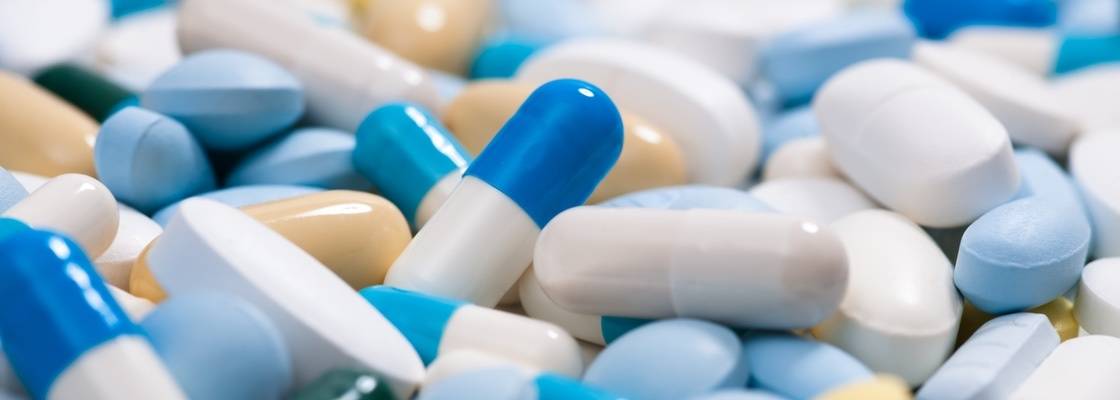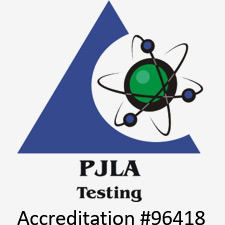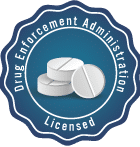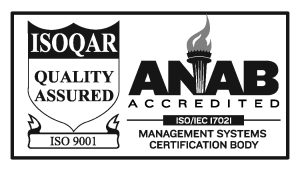In early 2018, the Food and Drug Administration (FDA) – with the support of the International Council for Harmonisation (ICH) and the U.S. Pharmacopeial Convention (USPC) – established new guidelines for elemental impurities in brand and generic drug products. These guidelines, published as USP 232, concern manufacturers of goods as varied as surgical bags, filters, tubes, and dietary supplements.
The document is extensive, but the main takeaway is the increasing scrutiny placed on manufacturers when it comes to the elemental composition of their devices. Elemental impurities like arsenic and lead are regulated in virtually every market worldwide. They pose significant toxicological risks to individuals without mitigating therapeutic benefits, yet they may be added to products (intentionally or otherwise) as a result of the manufacturing and production process. Under USP 232, even these trace levels may exceed previously acceptable limits.
In the whitepaper, Evaluation of a Drug Delivery System According to USP General Chapters <232> Elemental Impurities-Limits, Jordi Labs provides an insight into how testing with inductively-coupled mass spectrometry can help manufacturers comply with these stringent regulations. It functions as a case study of our ICP-MS capabilities.
If you have any more questions about complying with USP 232 general guidelines, simply contact a member of the Jordi Labs team today.





